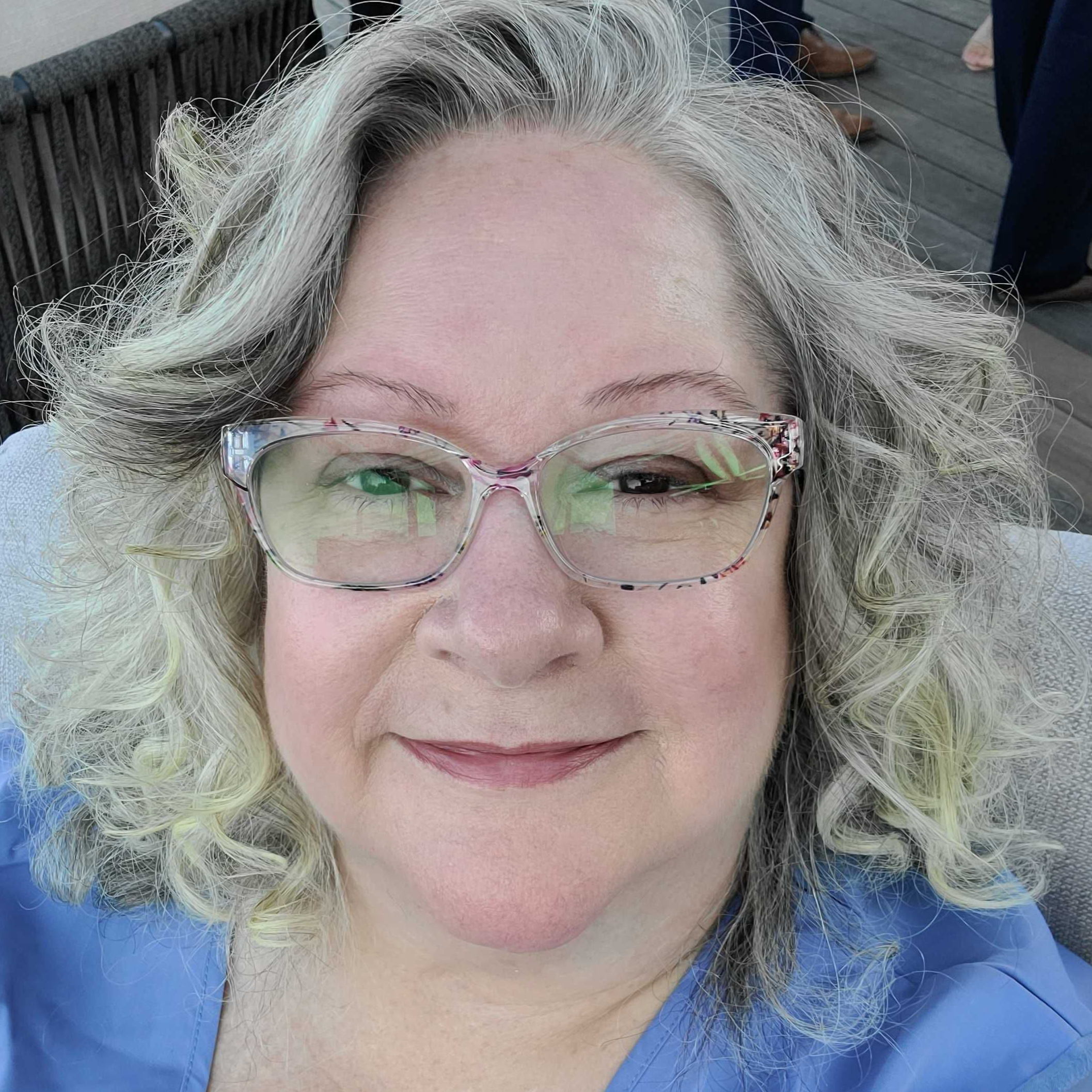Why you can probably stop wiping off grocery, other deliveries
You’ve likely been wiping down everything you see lately, using disinfectant to kill the coronavirus on surfaces.
If the need to clean stresses you out, experts say you can stop wiping off grocery and other deliveries without risking illness. Just make sure you wash your hands after handling them.
» Complete coverage: Coronavirus
“FDA has heard your concerns about shopping for #food safely. We want to assure you there is currently NO evidence of human or animal food or food packaging being associated with transmission of the #COVID19,” tweeted the Center for Food Safety and Applied Nutrition, which is part of the Food and Drug Administration.
ICYMI: FDA has heard your concerns about shopping for #food safely. We want to assure you there is currently NO evidence of human or animal food or food packaging being associated with transmission of the #COVID19 . More food shopping info here: https://t.co/D0g6HSCNGV
— FDA FOOD (Ctr for Food Safety & Applied Nutrition) (@FDAfood) April 21, 2020
Jamie Lloyd-Smith, one of the scientists who worked on the only study to analyze how long the coronavirus lives on various surfaces, told CNN he doesn't bother to wipe down his own groceries or takeout.
"I don't, personally," Lloyd-Wright told the news network. "I treat my hands as potentially contaminated while I'm handling the groceries and unpacking them and I make sure that I wash them fully when I'm done with that process."
He added that his advice might change if the person on the receiving end of the delivery were older or immunocompromised.
» Coronavirus in Georgia: stats in real time
» How to grocery shop safely amid coronavirus
"One reasonable and easy-to-implement precaution for groceries that don't need refrigeration is simply to let them sit for a day or more before unpacking them," he told CNN. "This will vastly reduce the level of any contamination that is present."
Lloyd-Smith added that the odds are low someone could deposit enough of the virus on a package to make you sick.
Although the study Lloyd-Smith worked on determined the coronavirus could live “up to 24 hours on cardboard and up to two to three days on plastic and stainless steel," it didn’t account for sunlight, disinfectants or other factors that could diminish the virus.
» How to properly clean your home
If you feel safer wiping down packages and deliveries, then continue to do so, virologist Dr. John Williams, who has studied coronaviruses for decades, told CNN.
"But still, the odds of getting the virus that way are very, very low," he added.
» Why you might want to take a vitamin D supplement right now

